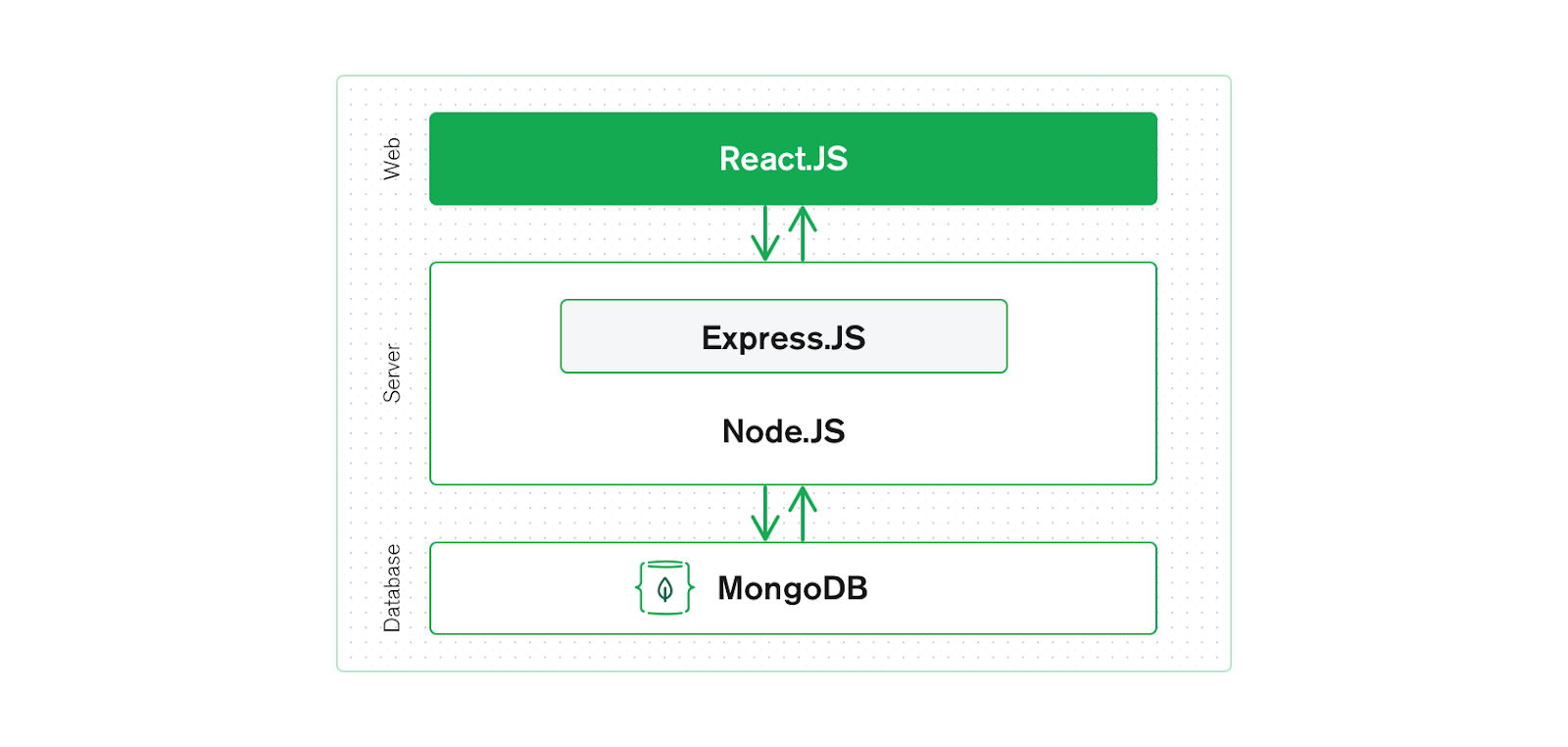

- #Uri encode data express node how to
- #Uri encode data express node install
- #Uri encode data express node code
- #Uri encode data express node series
We’ll also walk through collecting a request’s query string.

#Uri encode data express node how to
If you’d like to explore more modern and fascinating stuff about backend development with Javascript, take a look at the following articles: How to Delete a File or Directory in Node.js 4 Ways to Convert Object into Query String in Node. From Get Programming with Node.js by Jonathan Wexler This article covers routing and how a few more Express.js methods allow you to send meaningful data to the user before building a view. 1) Handle data inside the body of the request object using node.JS. …so yeah, it's a bad idea to try and encode/decode it yourself. We’ve examined a couple of examples of responding XML data using Node.js and Express.js. How to handle JSON/form data from the body of the URL in node.JS and express.

The application/x-Unfortunately the format is in widespread use due to the prevalence of HTML forms.- The URL standard The encodeURI() function encodes a URI by replacing each instance of certain characters by one, two, three, or four escape sequences representing the UTF-8 encoding of the character (will only be four escape sequences for characters composed of two 'surrogate' characters). As we mentioned previously, the other encoding content-type is multipart/form-data. The converted bytes can be changed again into String. The om () method takes a string as an input and converts it into Base64.
#Uri encode data express node series
The buffer class can be used to encode a string into a series of bytes. URLSearchParams handles encoding and decoding application/x-www-form-urlencoded data. The form data that was submitted is URL encoded, just as if it was in a query string: usernamebrian+mancini&nicknameturkey24 Encoding with form-data. The buffer object can be encoded and decoded into Base64 string. I'm going to dig into the right way, but also take a stroll around some related, lesser-known APIs: URLSearchParams It's similar to SQL/HTML injection, as something intended as a 'value' gets to interact with the format directly.

Unescaped text is added into a format with defined encoding.
#Uri encode data express node install
I had to figure out this problem: how to send urlencoded data using Axios The first thing we need to do is to install the qs module. Let bufferObj = om(base64string, "base64") Ĭonsole.log("The Decoded base64 string is:", string) Output C:\home\node> node base64.Async function isPositive ( text ) `. I had this problem: an API I had to call from a Node.js app was only accepting data using the urlencoded format. Let base64string = "VHV0b3JpYWxzUG9pbnQ=" The encoded base64 string is: VHV0b3JpYWxzUG9pbnQ= Example 2: Decoding Base64 into String Let base64String = bufferObj.toString("base64") Ĭonsole.log("The encoded base64 string is:", base64String) Output C:\home\node> node base64.js For example try multer().none() middleware for decoding text-only. And if you are relatively new to node-RED then this example is right for you. Express by default has no ability to parse this type of encoding. Working With URL API in Node-RED: This instructable will teach you how to use URL API (http get) in node-RED. multipart/form-data used for sending files or form-data objects. Creating the buffer object with utf8 encoding In the console you will see a server response with data you have sent. Live Demo // Base64 Encoding Demo Example After creating the file, use the command " node base64.js" to run this code.
#Uri encode data express node code
encoding − This input parameter takes input for the encoding in which string will be encoded and decoded.Ĭreate a file with the name " base64.js" and copy the following code snippet.encodeURIComponent ('select from table where uid me ()') to call encodeURIComponent with return a string that is URI encoded. string − This input parameter takes input for the string that will be encoded into the base64 format. To URl encode strings in Node.js, we can call encodeURIComponent.'data:text/plain,abc', the charset is set to the empty string. Note: If the only the main type is specified but not the charset, e.g. The toString() method is used for converting the Base64 buffer back into the string format. The charset property on the Buffer instance gets set to the Charset portion of the 'mediatype' portion of the 'data' URI, or defaults to 'US-ASCII' if the entire type is not specified, or defaults to '' otherwise. In our class, the incoming data will always be URL encoded, and the outbound data of the API will always be JSON. If the incoming data is expected to be JSON, you could use bodyParser.json(). So, if the incoming data is going to be URL encoded, you should use bodyParser.urlencoded(). The converted bytes can be changed again into String. to encode the data coming into the function. The om() method takes a string as an input and converts it into Base64. Base64 is used to represent binary data in an ASCII string format by translating it into a radix-64 representation. The buffer object can be encoded and decoded into Base64 string. Base64Encode.io A simple web tool to help you in encoding your string data into base64 format and decode base64 data into plain text.


 0 kommentar(er)
0 kommentar(er)
